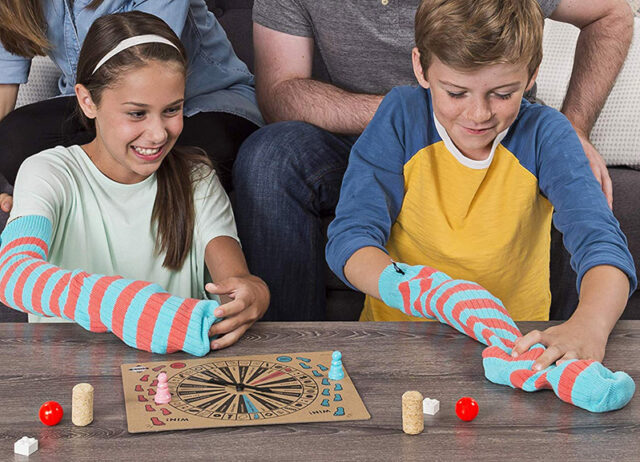A list of 100 games that have rules. The games with rules play examples is a list of games that have rules. The list includes the name, developer, and date of release for each game.
It’s worthwhile to devote some attention to games in which players must take turns (rather than, say, race to complete the task or work in teams). These games may be less active than a garden run or less imaginative than a painting session. However, the abilities they instill have far-reaching implications in so much of children’s play.
Sara Smilansky, a developmental psychologist who examined how play develops in young children, identified three kinds of play: games with rules, games with no rules, and games with no rules. Here’s where you can find the remainder of the series:
What are rules-based games?

What comes to mind when you think about games with rules? Cricket? Snakes and Ladders, perhaps? The rules of these games are codified: they are written down. There’s no room for debate (unless you’re one of my kids, in which case the rules seem to be just recommendations…).
But what about tag and hopscotch on the playground? We don’t have a rulebook, but we know how to play.
Situational play is a different kind of rules-based game. The participants in this kind of game agree on the rules between themselves. They may be totally random as long as everyone accepts them. “I’m the big sister, and you’re the baby. Let’s play a game of “bedtime.” I’ll wrap you up and put you in bed.’ You are not permitted to bring your own blanket. It’s something I have to do. Babies are unable to walk.”
What is their significance?

Because I grew up in the 1980s, my musical taste is suspect. The phrase “Everybody knows how you play is who you are” appears in Bruce Hornsby’s song “The Old Playground.”
The purpose of rule-based games is that they provide a window into a child’s moral growth. The way we play games tells a lot about who we are.
Who is in charge of the rules? Is it possible to alter them? What exactly qualifies as “poor” behavior? How do we deal with those who violate the rules? When we play games, we are confronted with some of life’s most pressing issues. And as we get older, our responses to them alter. A younger kid with an egocentric (self-centered) perspective of the world would perceive cheating differently than an older child: I want that marble because I enjoy it (in other words, I don’t care whether it’s not mine or if it’s not my turn).
Another advantage of rule-based games is that they promote higher-order thinking. It is not enough to acquire knowledge; you must put it into practice. You improve with practice and learn to strategize. You get rid of your egocentricity: if you want to win, you must put yourself in your opponent’s shoes and predict her next move.
How can I promote rules-based games?

It’s not always simple if your house is anything like mine. Having children of similar ages implies that there are many participants who are still in the egocentric stage of development. They haven’t learned to cooperate or understand that if they ‘cheat,’ the other players will give up and the game will be over.
One of the reasons board games are difficult to play with a three-year-old is because of this.
Non-competitive games, such as those from Peaceable Kingdom, have worked well in the 100 Toys household. There are no losers since the players work together to win (I suggest Race to the Treasure), which is essential if you want your children to have a good experience. Note that both titles will be totally out of stock until early next week, however you may sign up for notifications on the product page.
In the end, any game will suffice. What matters is that you teach the concept of taking turns, playing fairly, and being a gracious winner and loser.
A preschooler isn’t going to be able to provide you with all of this. It’ll be a long journey, but you’ll get there eventually.
The 100 card games is a game that has 100 cards. It is a game that requires strategy and planning, but also luck.
Frequently Asked Questions
What games are in classic games 100 games?
There are 100 games in the classic games collection.
How do you play the game 100?
You will have to play the game 100 times in a row without ever stopping.
What are games with rules?
Games with rules are games that have a set of rules that all players must follow. This is in contrast to games without rules, where the games mechanics dictate how players should behave.




